SINGAPORE: A day after announcing Malaysia would be the first in the region to deploy Huawei Technologies’ chips and servers for a groundbreaking artificial intelligence (AI) project, a deputy minister reportedly retracted her remarks in a sign of the country navigating the United States-China chip war.
At the official launch of Malaysia’s full-stack AI ecosystem – the first in the region – on Monday (May 19), Deputy Communications Minister Teo Nie Ching said the country’s Strategic AI Infrastructure also marked the first deployment of a class of the Chinese tech giant’s chips and servers, along with the DeepSeek large language model, outside of China.
The next day, Bloomberg reported Teo was retracting her remarks on Huawei without an explanation. Whether the project would proceed as planned is not clear, the news outlet reported.
A Huawei representative told Bloomberg it has not sold its Ascend chips in Malaysia, and the government has not bought any.
Teo’s retraction takes place after the US Department of Commerce issued guidelines on May 13 warning firms that using Huawei’s Ascend chips would put them at risk of violating US export controls.
When contacted for comments, Teo’s office referred CNA to Skyvast, the Malaysian company collaborating with Huawei on the use of Ascend chips.
On Wednesday evening (May 21), the Ministry of Investment, Trade and Industry said in a statement the AI infrastructure initiative involving Skyvast and Huawei was “privately driven”.
“The said initiative was not developed, endorsed, or coordinated by the Government of Malaysia, nor does it form part of any Government-to-Government agreement or nationally mandated technology programme,” it stated.
While the government is keen to build up its AI-powered infrastructure to enhance public-sector capacity and services, “any such initiative would need to go through the appropriate level of legal, operational, and reputational processes and due diligence that are required for a project of such significance”.
The ministry said Malaysia remains committed to full compliance with all applicable export control laws, national security directives and emerging guidance from global regulatory authorities.
But it added Malaysia “reaffirms its sovereign right to formulate its policies in line with national interests”.
Teo’s Huawei announcement caught the attention of the US, with President Donald Trump’s AI and crypto czar David Sacks reposting a report of the deal and writing on X: “As I’ve been warning, the full Chinese stack is here. We rescinded the Biden Diffusion Rule just in time. The American AI stack needs to be unleashed to compete.”
An AI stack refers to the tools, technologies and frameworks that work together to build, train, deploy, and manage AI applications, according to tech solutions firm Hewlett Packard Enterprise.
The Trump administration said on May 13 it is rescinding the AI diffusion rule, launched by former president Joe Biden, that created three broad tiers of access for countries seeking AI chips and would have taken effect on May 15.
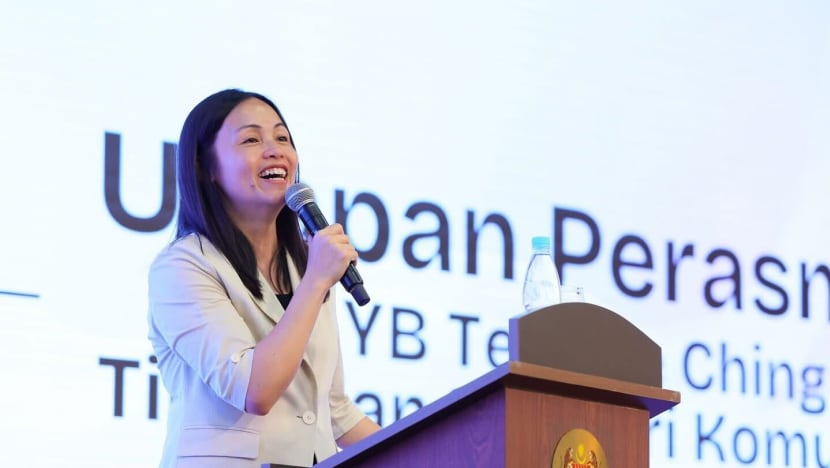 Deputy Communications Minister Teo Nie Ching was retracting her remarks on Huawei without an explanation, Bloomberg reported. (Photo: Facebook/Teo Nie Ching)
Deputy Communications Minister Teo Nie Ching was retracting her remarks on Huawei without an explanation, Bloomberg reported. (Photo: Facebook/Teo Nie Ching)
At the same time, the US is aiming to overhaul rules on the export of AI chips.
It will reportedly enhance American AI hardware across the world, with safeguards, to ensure that companies building data centres in Southeast Asia or the Middle East do not turn to Chinese alternatives.
Washington has sought in recent years to curb exports of advanced AI chips to China, concerned that they could be used to advance Beijing's military systems and erode the US’ AI dominance.
CAUGHT IN US-CHINA AI RACE
Malaysia has become a hub for data centre development, particularly in the southern state of Johor.
Over the past 18 months, the state has attracted more than US$25 billion in investments from companies including Nvidia, Microsoft and ByteDance to build data centres, media outlet Malay Mail reported.
But it has had to address concerns over illegal chip flows. Earlier this year, Singapore charged three men in a fraud case involving the alleged sale of Nvidia chips through Malaysia to China.
The Trump administration has vowed to crack down on illegal shipments of advanced Nvidia chips to China via third countries, with officials identifying Malaysia as a concern.
“(The US) is asking us to make sure we monitor every shipment that comes to Malaysia when it involves Nvidia chips,” said Investment, Trade and Industry Minister Tengku Zafrul Aziz, as quoted by Malay Mail in March.
“They want us to make sure that servers end up in the data centres that they are supposed to and not suddenly move to another ship.”
Zafrul acknowledged the challenges of tracking semiconductors through global supply chains, which involve multiple parties including chipmakers, suppliers and distributors.
The AI race between the US and China remains on the boil following Trump’s trip to the Middle East last week.
The White House announced deals to ship hundreds of thousands of AI chips to Saudi Arabia, with a first tranche of 18,000 of its newest "Blackwell" chips going to Humain, an AI startup just launched by Saudi Arabia's sovereign wealth fund.
Meanwhile, Beijing responded on Wednesday to Washington’s warning against firms using Huawei’s Ascend chips. In a statement, Beijing's commerce ministry called the US’ actions "typical unilateral bullying and protectionism, which seriously undermine the stability of the global semiconductor industry chain and supply chain".

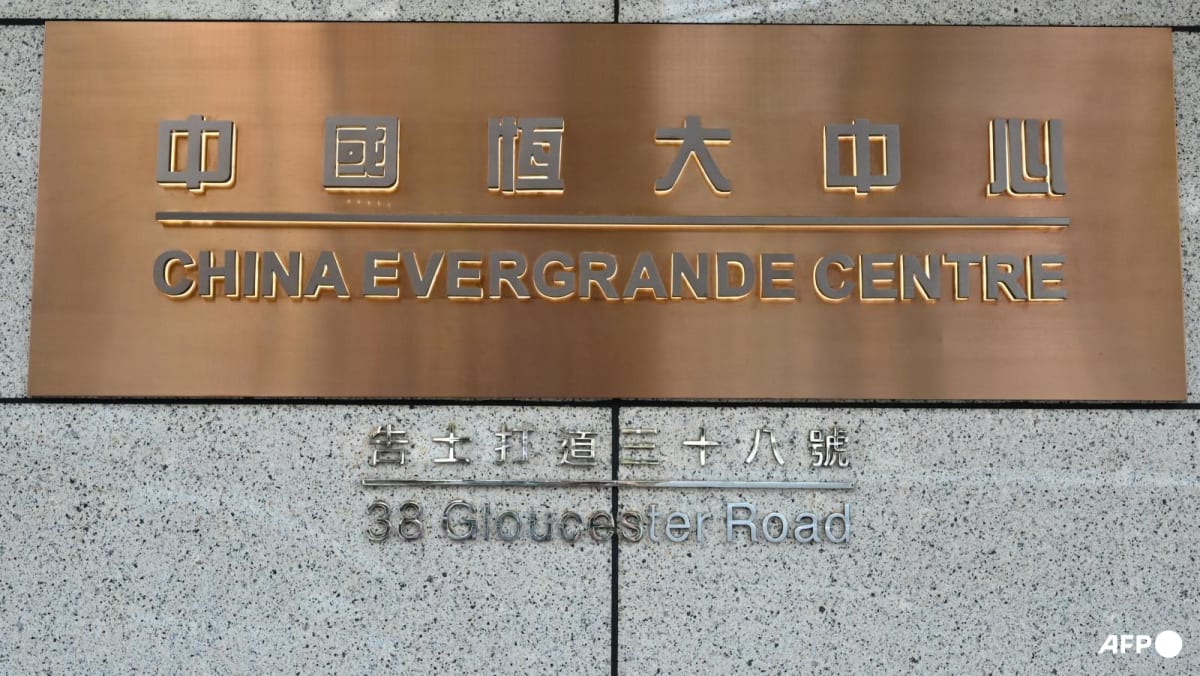
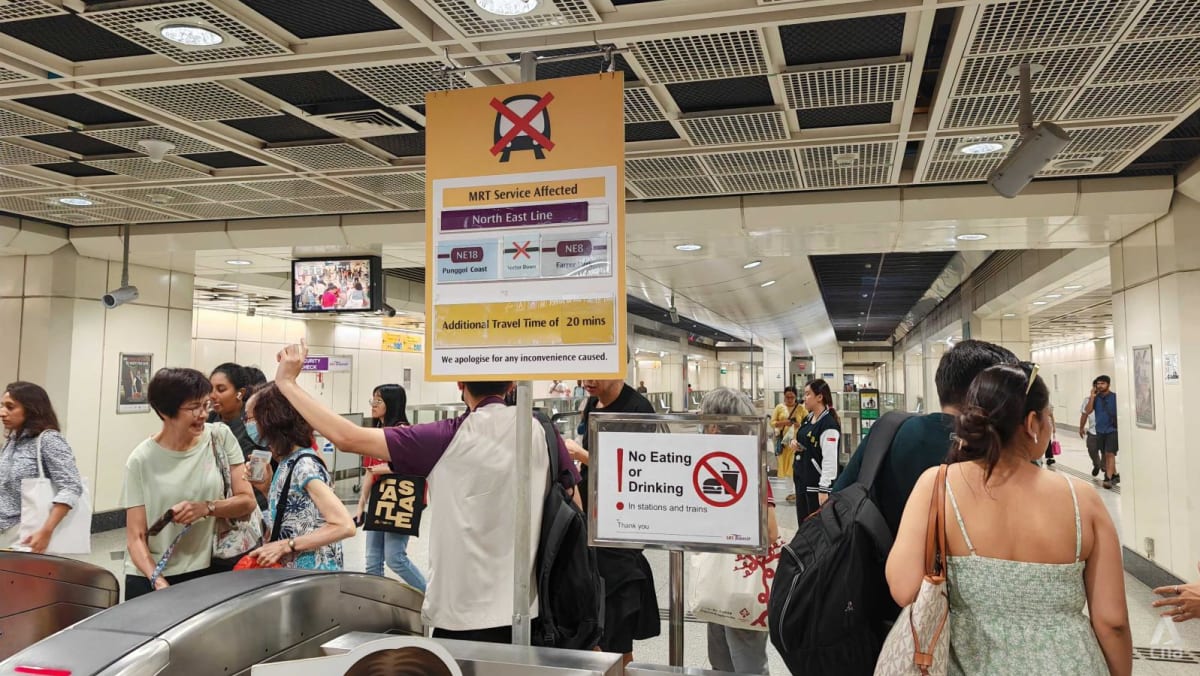
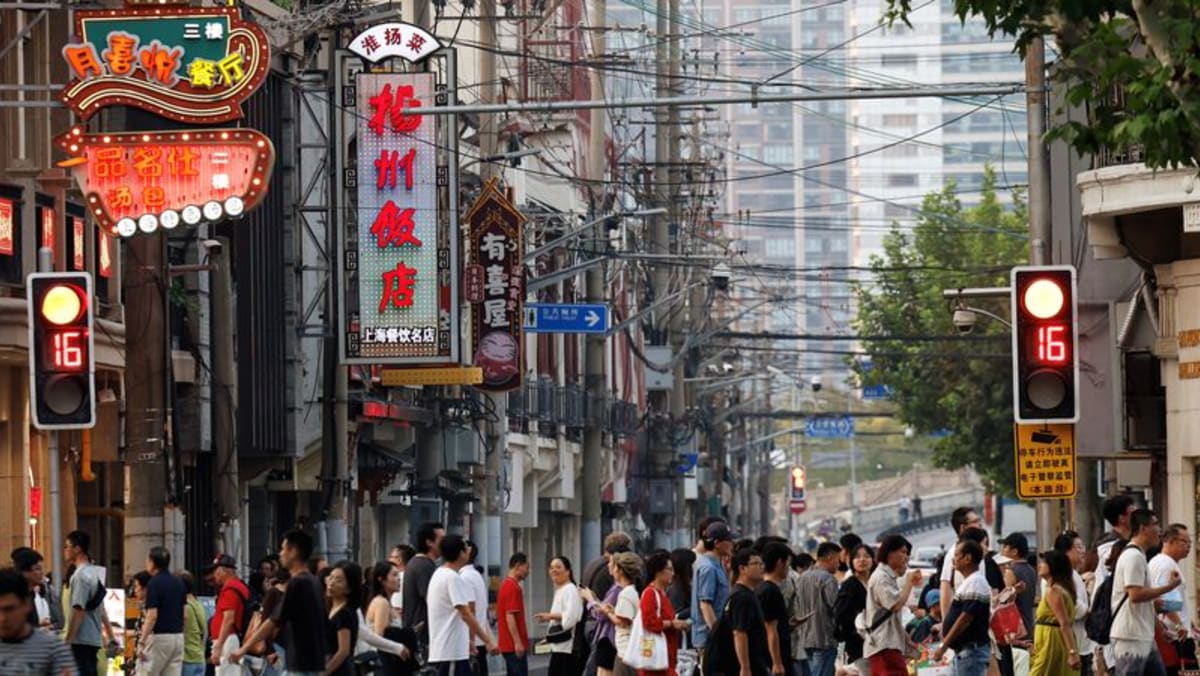
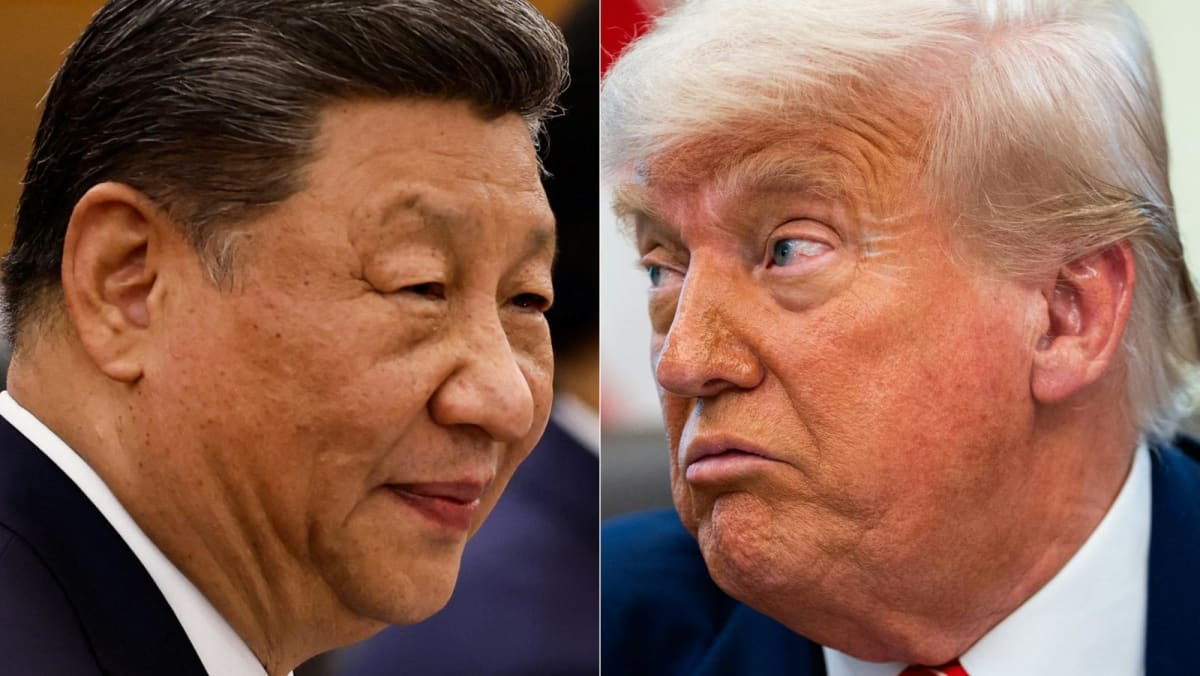


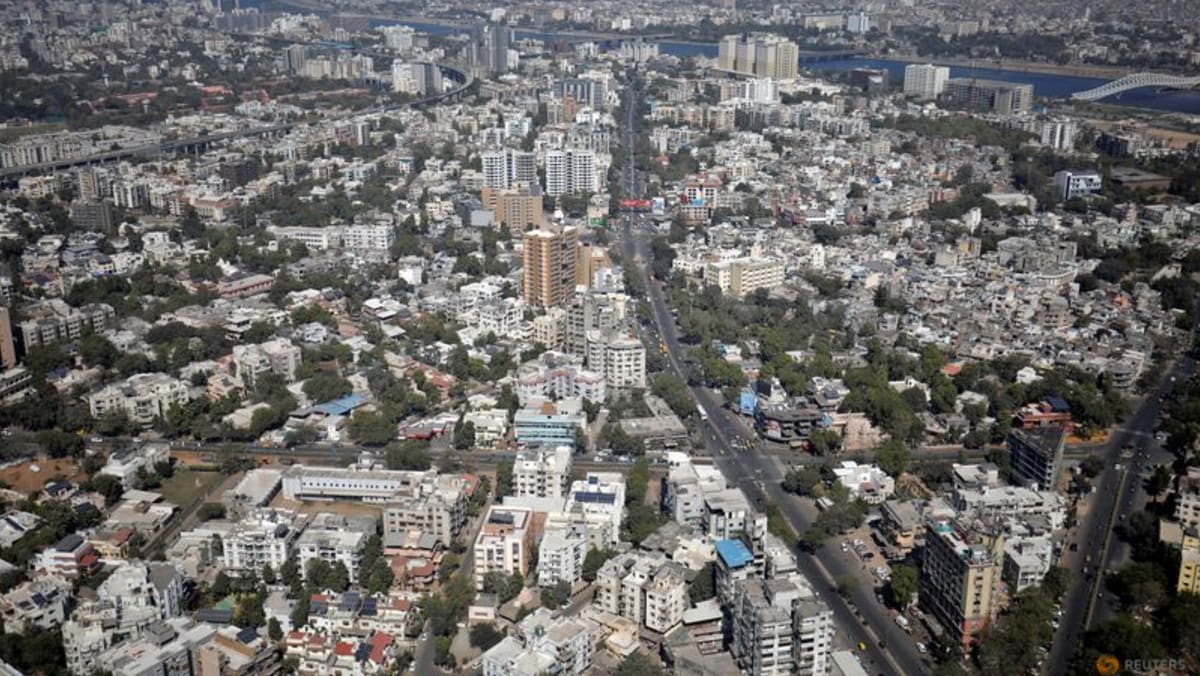

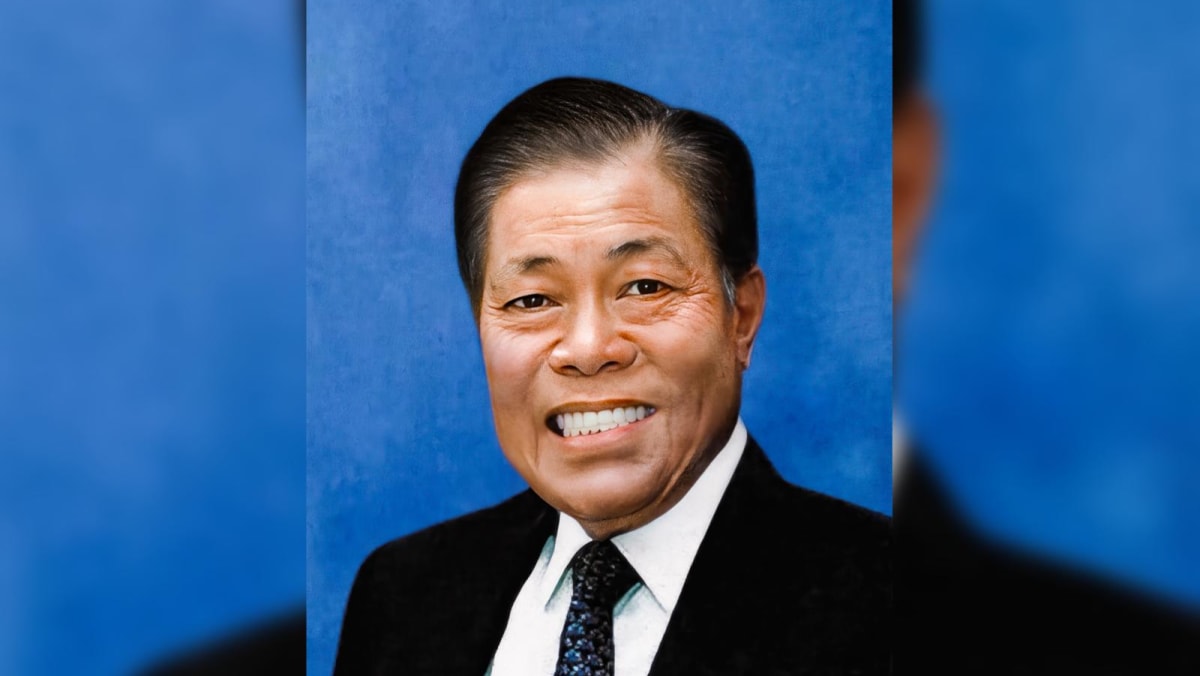

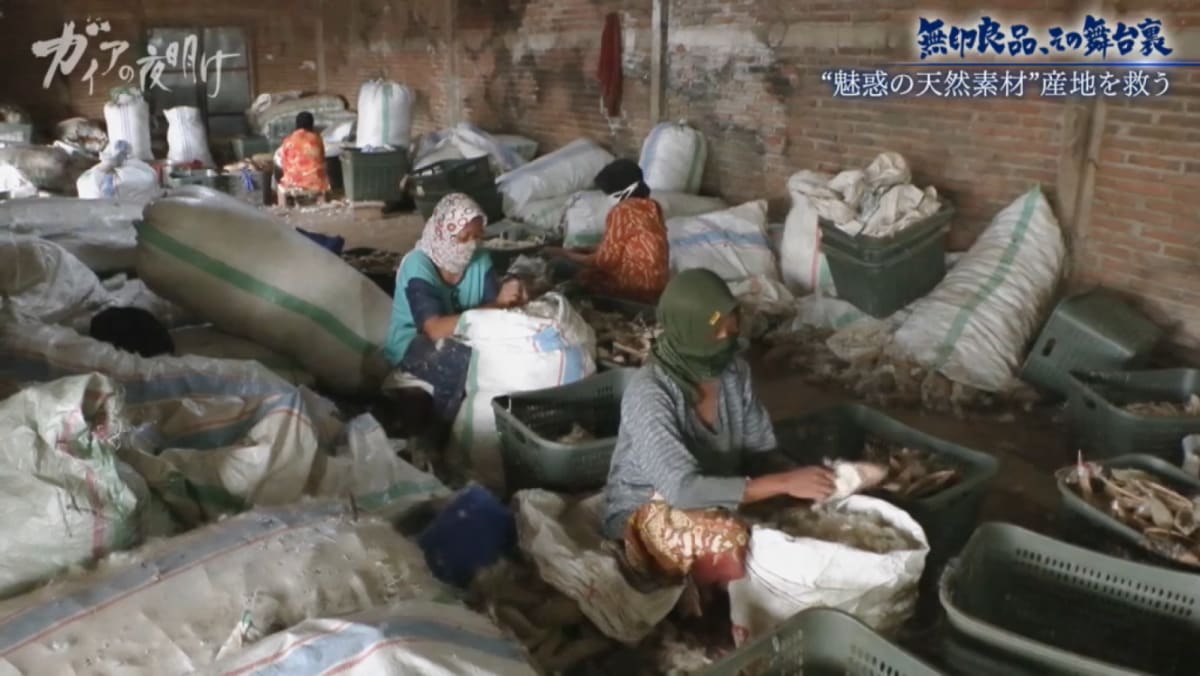

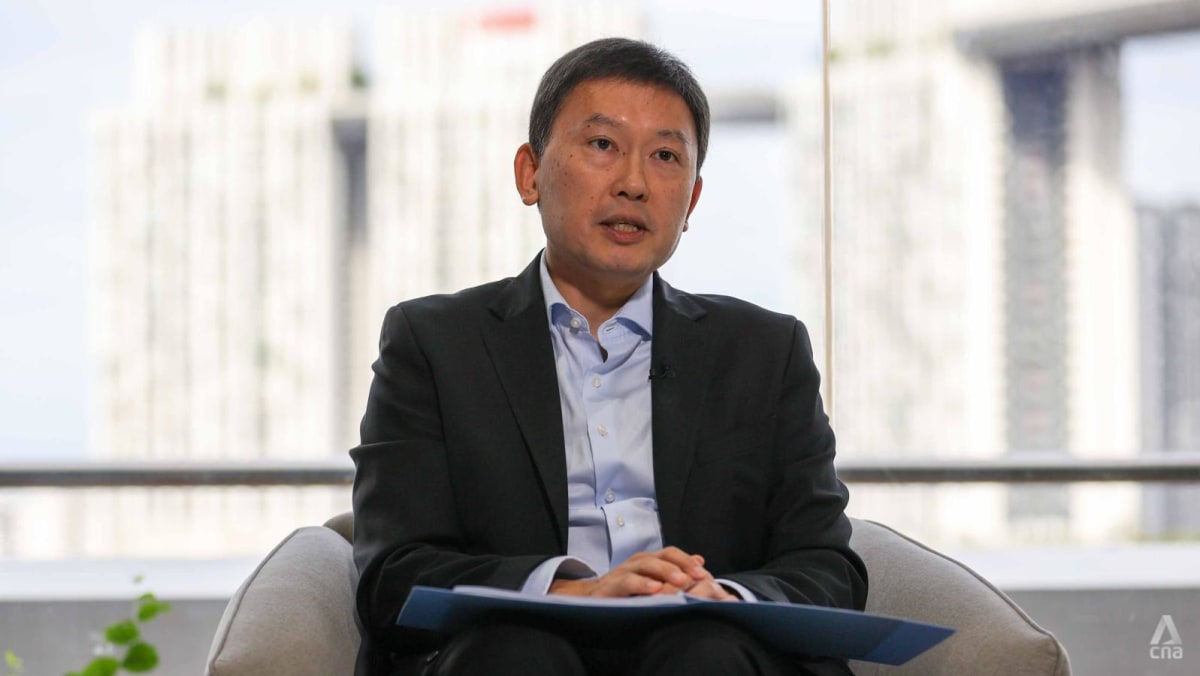
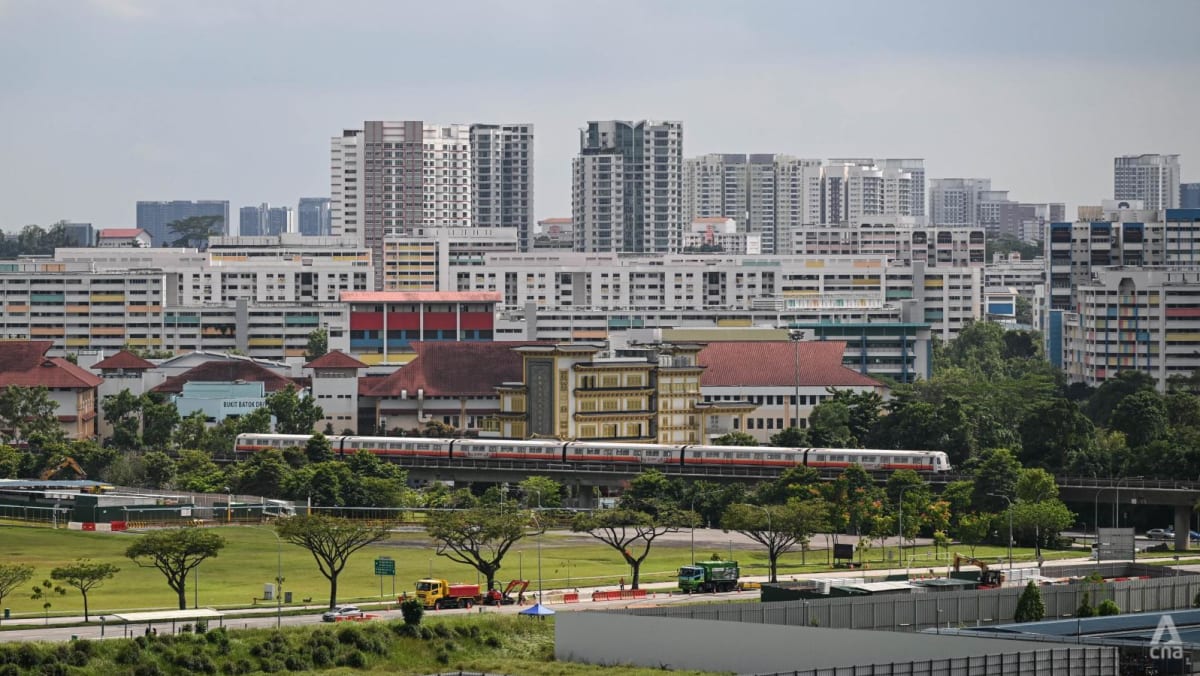

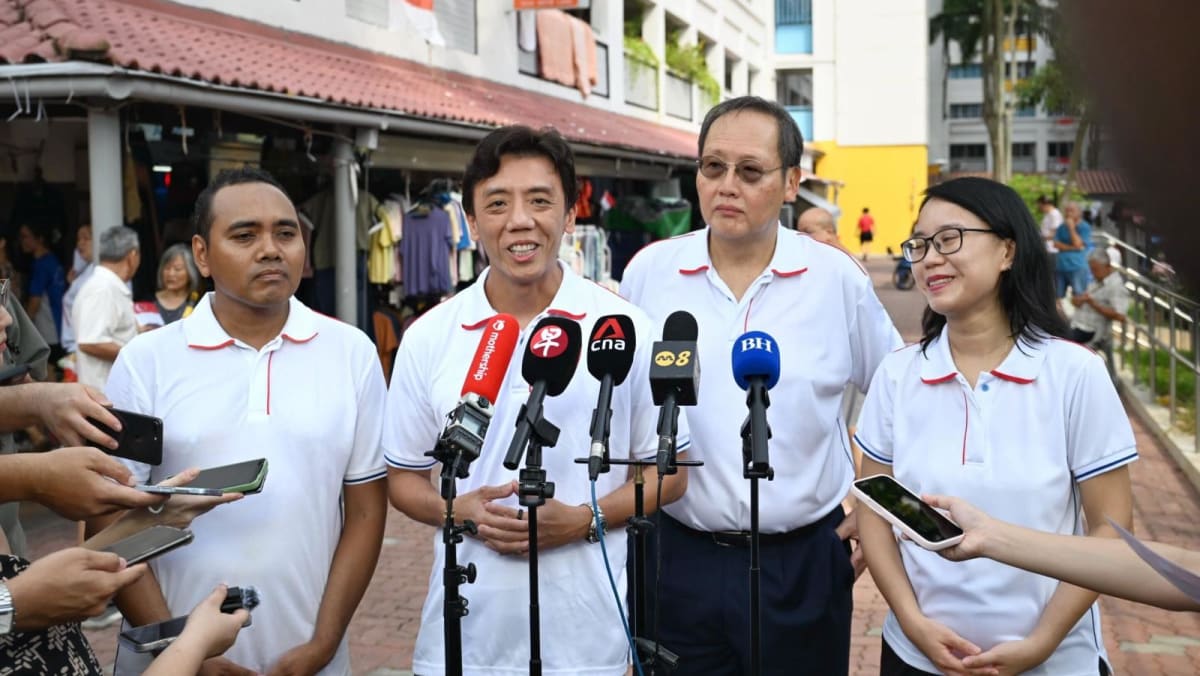

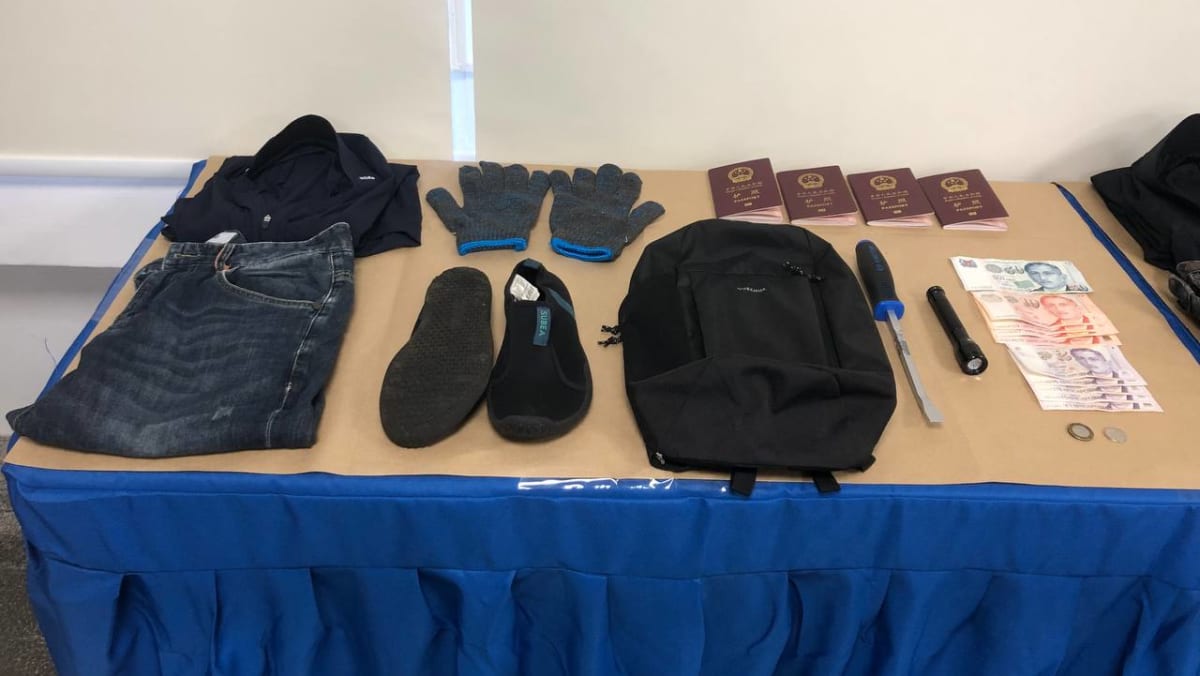















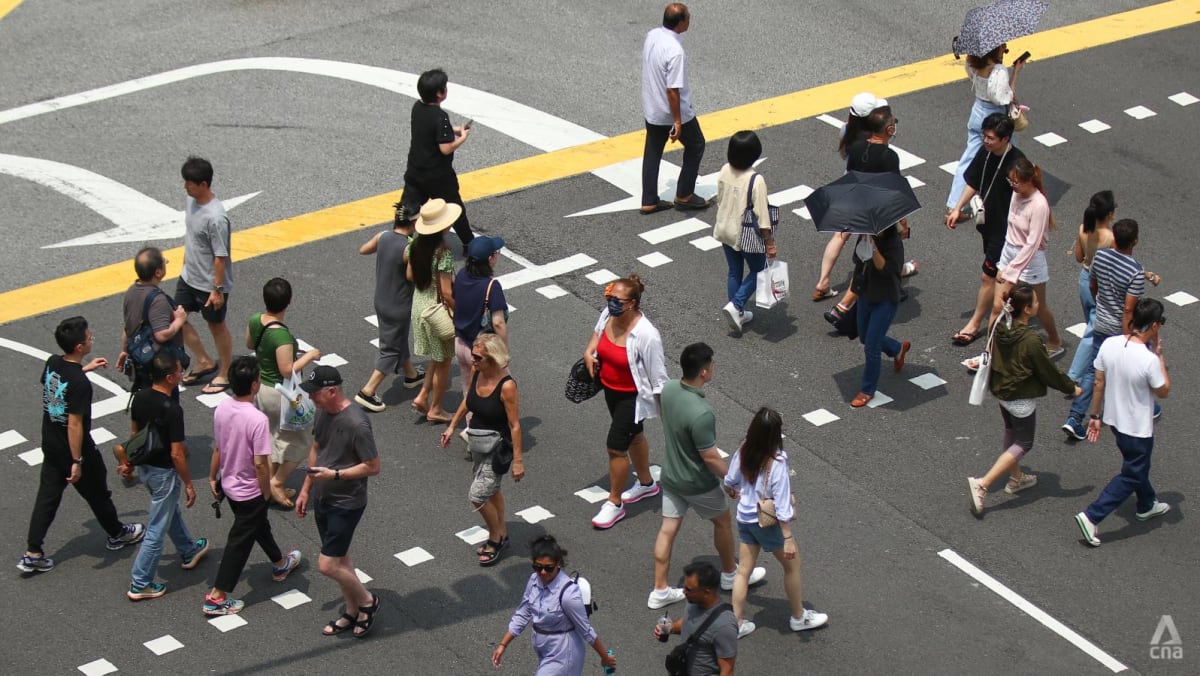










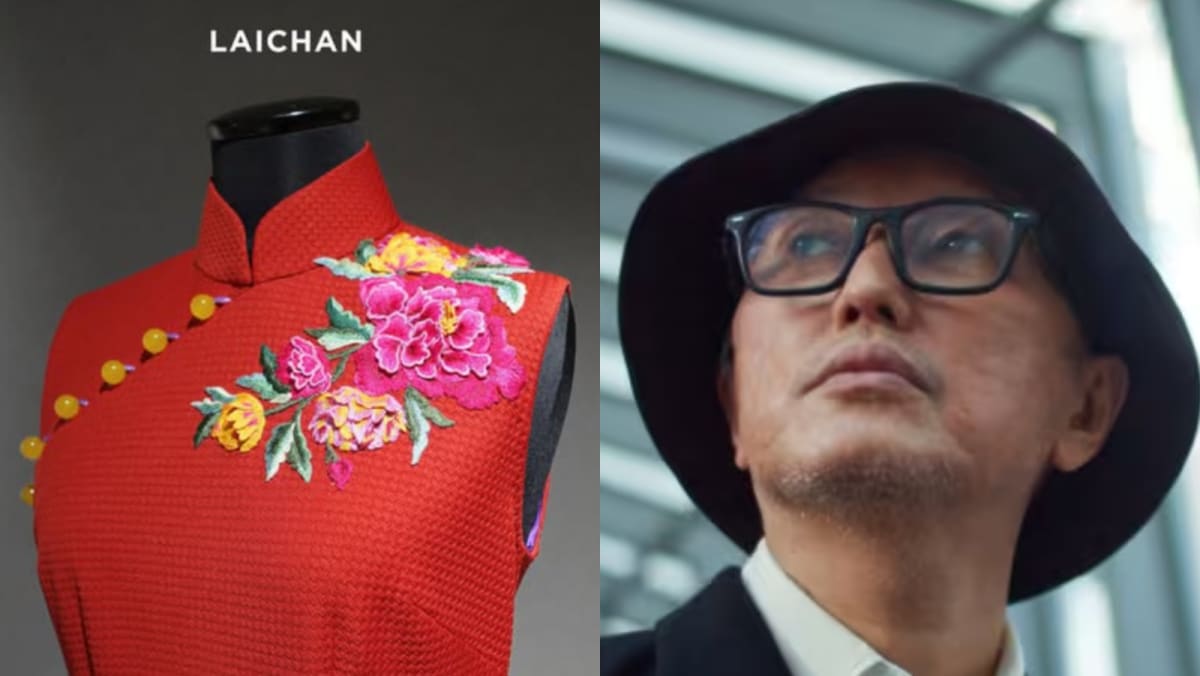


.png?itok=erLSagvf)

